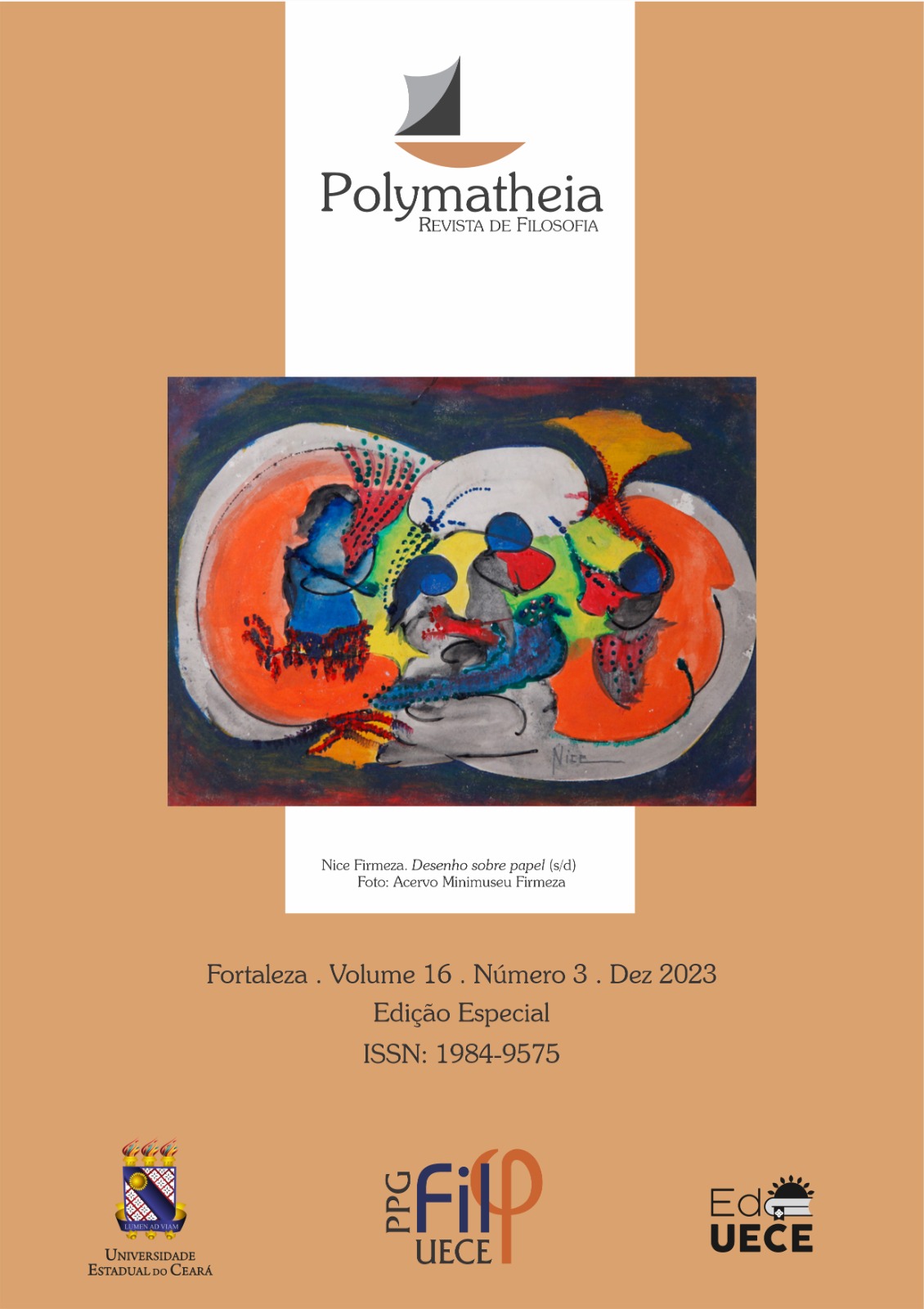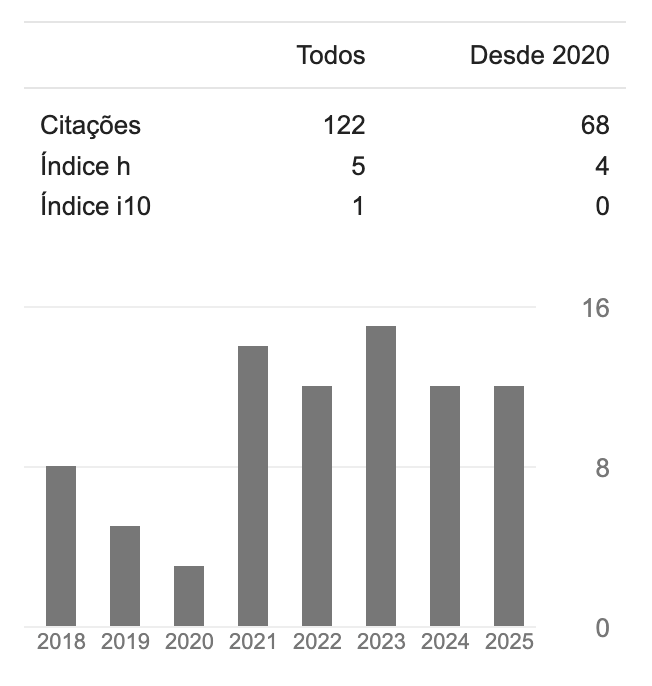Human rights and education from the concept of cultural formation (Bildung) from Hegel's perspective
Keywords:
Hegel, Human rights, Cultural Training, Education, FreedomAbstract
The work initially seeks to understand the concept of cultural formation (Bildung) in Hegel (1770-1831), in order to understand how the philosopher approaches human rights and education, starting from the concept of cultural formation (Bildung) in his works. To this end, we visited the formation of the German school system with the purpose of understanding the cultural ideology of the European 18th and 19th centuries, contextualizing the Hegelian perspective of the solution for education, namely, “What is the best way to educate man?”, imposed on any and all educational projects. It was also intended to bring understanding about human rights and their development from modernity to contemporary times. Where it is argued that the ideas contained in Hegelian philosophy are a possibility of overcoming some existing limits in traditional discussions on the subject, based mainly on modern philosophies of natural law. To this end, we chose to analyze the relationship between human rights and the philosophy of natural law, moving on to the Hegelian critique of natural law and, consequently, ending with his understanding of recognition and its influence on the Philosophy of Law and the establishment of ethical relationships.
Downloads
References
BARNARD, H. C. National Education in Europe. New York: Charles B. Norton, 1854.
CONDORCET, J.A.N. de Caritat, marquês de. Cinco memórias sobre a educação pública. Tradução de Maria das Graças de Souza. São Paulo: Editora da Unesp, 2008.
DICIONARIO ALEMÃO-PORTUGUÊS. Porto: Editora Porto, 1990. DIE BILDUNG. In: CAMPE, Joachin Heinrich. Wörterbuch der deutschen Sprache – Erster Theil. Braunschweig: Schulbuchhandlung, 1807.
DICKEY, L. W. Hegel: religion, economics, and the politics of spirit, 1770- 1807. Cambridge: Cambridge University Press, 1987.
HEGEL, G. W. F. Fennomenologia dello Spirito. Tradução de Vicenzo Cicero. Milão: Rusconi Libri, 1995.
HEGEL, G. W. F. Fenomenologia do Espírito. Tradução de Paulo Meneses com colaboração de Karl-Heinz Efken – Vol. I. Petrópolis: Vozes, 2001.
HEGEL, G. W. F. Filosofia do Direito. Tradução de Paulo Meneses, Et. al. São Paulo: Edições Loyola, 2010.
GADAMER, H.-G. Verdade e método – Vol. I. Petrópolis: Vozes, 1997.
GEORGE, T. D. Tragedies of spirit: tracing finitude in Hegel’s phenomenology. Albany: State University of New York Press, 2006.
GEYMONAT, L. Storia dello pensiero filosofico e scientific – Volume IV. Milão: Aldo Garzanti Editore, 1975.
LIMA VAZ, H. C. Escritos de Filosofia III: Filosofia e Cultura. São Paulo: Loyola, 1997.
MENZE, C. Die Bildungsreform Wilhelm Von Humboldt. Hannover, 1975.
MEYER, K. Bildung. Berlim: De Gruyter, 2011.
MOURA, M. S. A Poiesis orgânica de Goethe: A construção de um diálogo entre arte e ciência. Tese. São Paulo: Universidade de São Paulo, 2006.
RAMOS, C. A. A pedagogia de Hegel e a ação formadora da alteridade cultural. In: Revista de Filosofia, Curitiba, v.15 n.16, jan./jun. 2003.
RINGER, F. K. O declínio dos mandarins alemães: a comunidade acadêmica alemã, 1890-1933. Tradução de Dinah de Abreu Azevedo. São Paulo: Edusp, 2000.
ROUSSEAU, J.-J. Emílio ou Da Educação. São Paulo: Martins Fontes, 1999.
SILJANDER, P.; SUTINEN, A. Introduction. In: SILJANDER, P.; KIVELÄ, A.; SUTINEN, A. (Eds.). Theories on Bildung and Growth. Rotterdam: Sense Publishers, 2012.
SCHWANITZ, D. La cultura: Tudo que hay que saber. Tradução de Vicente Gomes Ibáñes. Madrid: Punto de Lectura, 2006.
STÄEL, Mme. De L´Allemagne. Paris : Librarie de Firmin Didot Freres, 1850.
WEBER, J. F. Bildung e educação. In: Educação e realidade, n. 31, v. 2, juldez de 2006, p. 117-134. Disponível em: www.seer.ufrgs.br/educaçãoerealidade. Acessado em 14/04/2023.
Downloads
Published
How to Cite
Issue
Section
License
Copyright (c) 2023 Mônica Dantas Barros, Marly Carvalho Soares

This work is licensed under a Creative Commons Attribution 4.0 International License.











